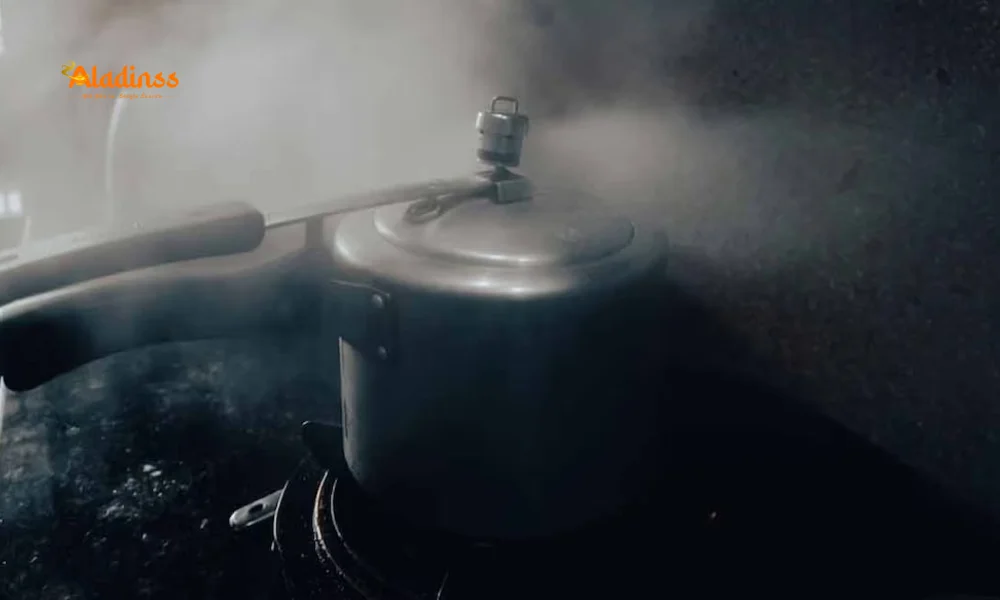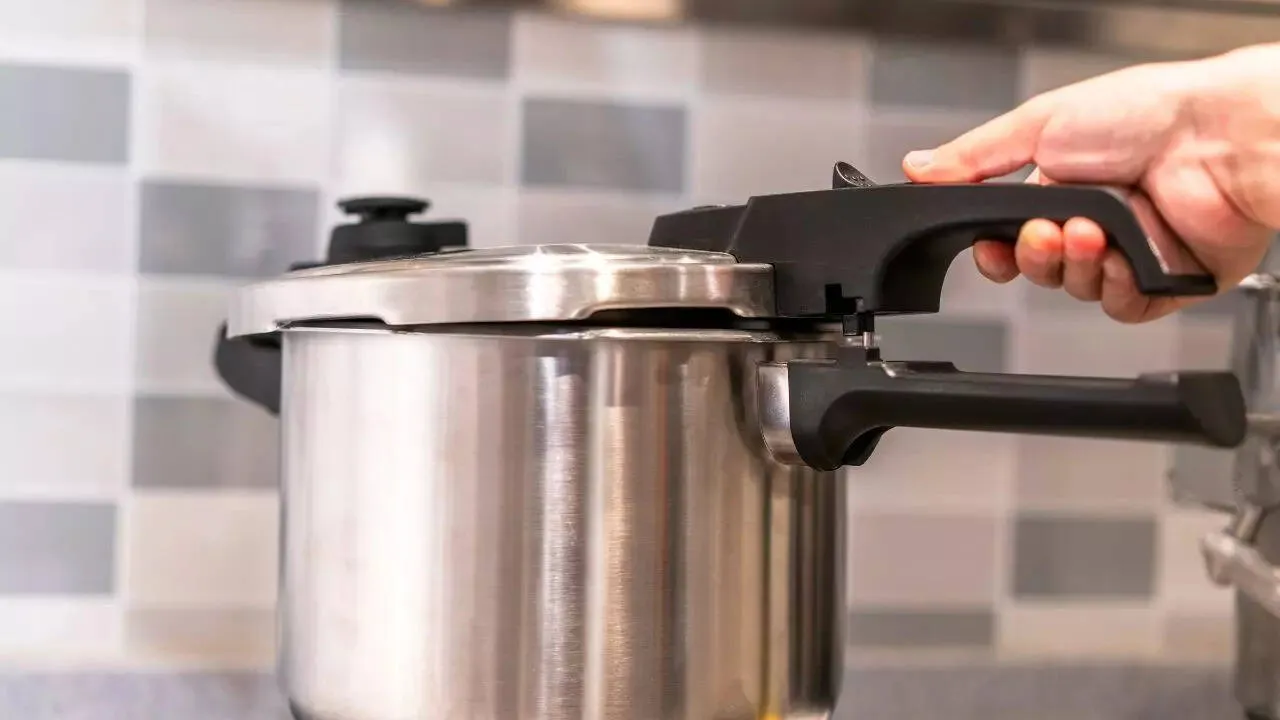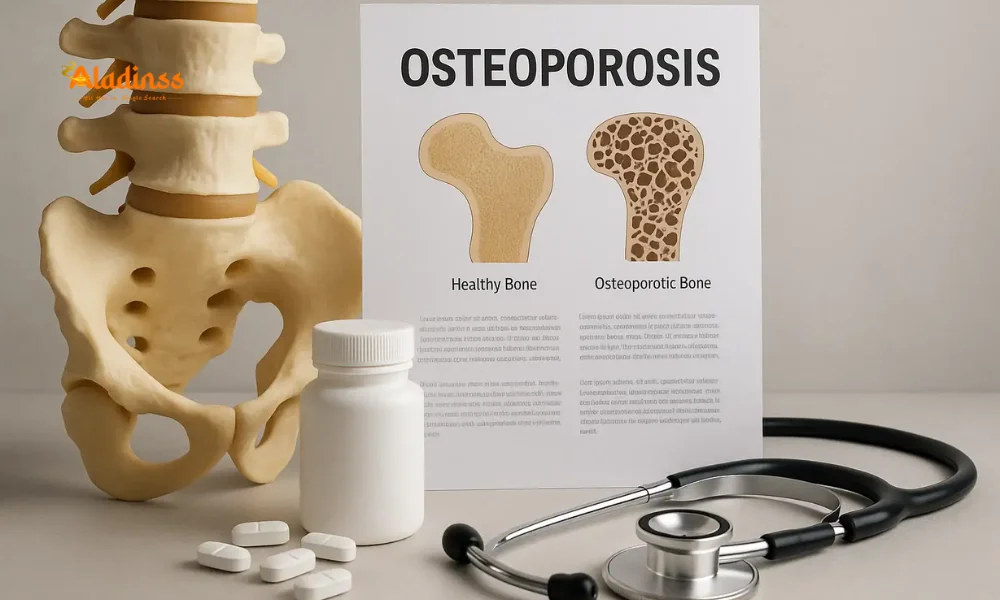Old Pressure Cookers: A Hidden Health Risk for Your Family

Old Pressure Cookers: A Hidden Health Risk for Your Family
Pressure cookers are a staple in many households, valued for their efficiency in preparing meals quickly while preserving flavor and nutrients. However, medical experts are raising alarms about the potential dangers of using old or damaged pressure cookers, particularly for families with young children. Research has revealed that aging pressure cookers, especially those made from aluminum, can leach toxic metals like lead into food, posing significant health risks. This article explores why old pressure cookers can be hazardous, the specific dangers they present, and when to replace them to protect your family’s health.
Why Old Pressure Cookers Are Dangerous
Old pressure cookers, particularly those made from aluminum or recycled metal sources, can become a source of lead contamination in food. Dr. Manan Vora, an orthopedic specialist, explains that scratches, black marks, or corrosion on the inner surface of an old pressure cooker can cause metals like lead and aluminum to leach into meals during cooking. This is especially concerning when cooking acidic foods, such as tomatoes or tamarind-based dishes, which can accelerate the leaching process. Lead, a toxic heavy metal, accumulates in the body over time and does not easily exit, leading to serious health consequences.
Lead exposure is particularly dangerous for children, whose developing bodies absorb the metal more readily than adults. Dr. Aniket Mulay, a consultant in internal medicine at KIMS Hospital, Thane, emphasizes, “Children are the most vulnerable, and lead poisoning in children can cause more harm.” The accumulation of lead in bones, blood, and the brain can lead to a range of issues, from developmental delays to chronic health conditions, making the continued use of old pressure cookers a significant public health concern.
Health Risks of Lead Poisoning
Lead poisoning from old pressure cookers can have severe and long-lasting effects on both adults and children. In adults, chronic exposure to lead can result in symptoms such as persistent fatigue, irritability, memory loss, mood swings, elevated blood pressure, and kidney damage. These symptoms are often vague and may not be immediately linked to cookware, making diagnosis challenging. Over time, lead accumulation can contribute to serious conditions, including cardiovascular disease and neurological impairments.
For children, the consequences are even more alarming. Lead exposure can impair brain development, reduce IQ, and cause learning difficulties and behavioral problems. Dr. Vora notes, “For children, the effect is even more dangerous. It can slow down brain development and reduce micronutrient intake.” These developmental impacts can have lifelong consequences, affecting academic performance and overall quality of life. Pregnant women are also at risk, as lead can cross the placenta, potentially harming the fetus and leading to developmental issues.
Signs Your Pressure Cooker Needs Replacement
Recognizing when to replace an old pressure cooker is crucial for preventing lead exposure. Experts recommend inspecting your pressure cooker regularly for signs of wear and tear that could indicate potential health risks. Key symptoms to watch for include:
- Scratches or Black Spots: Visible scratches or black marks on the inner surface of the cooker can indicate deterioration of the protective coating, increasing the risk of metal leaching.
- Loose Lid or Whistle: A loose lid or malfunctioning pressure valve can compromise the cooker’s safety and efficiency, potentially allowing contaminants to mix with food.
- Metallic Odor or Taste: If cooked food has an unusual metallic smell or taste, it may be a sign that metals like lead or aluminum are leaching into the meal.
Dr. Mulay advises replacing pressure cookers exhibiting any of these issues immediately to avoid health risks. Even if your cooker appears to function well, experts recommend replacing it every 10 years, as the internal materials can degrade over time, increasing the likelihood of contamination.
Long-Term Consequences of Lead Exposure
The long-term effects of lead exposure from old pressure cookers are particularly concerning due to the metal’s cumulative nature. Lead does not break down or exit the body easily, instead accumulating in organs and tissues over years. This slow buildup can lead to chronic health issues that may not manifest until significant damage has occurred. In adults, prolonged exposure can contribute to neurological disorders, kidney dysfunction, and cardiovascular problems, including hypertension.
Children face even greater risks, as their smaller bodies and developing systems are more susceptible to lead’s toxic effects. Chronic exposure can lead to irreversible damage, including cognitive impairment, reduced attention span, and behavioral challenges. In severe cases, lead poisoning can cause developmental delays that persist into adulthood, underscoring the importance of preventing exposure in households with young children.

Preventive Measures to Protect Your Family
To safeguard your family from the dangers of old pressure cookers, consider the following preventive measures:
- Replace Old Cookware: As a general rule, replace pressure cookers every 10 years, even if they appear functional. Opt for stainless steel or high-quality hard-anodized aluminum cookware, which is less likely to leach harmful metals. Ensure that new cookware meets safety standards set by regulatory bodies like the Bureau of Indian Standards or the Food Safety and Standards Authority of India.
- Inspect Regularly: Routinely check your pressure cooker for signs of wear, such as scratches, corrosion, or loose components. If any damage is detected, replace the cooker immediately to prevent potential contamination.
- Avoid Acidic Foods: When using older pressure cookers, avoid cooking acidic foods like tomatoes, citrus-based dishes, or tamarind, as these can increase metal leaching. Transfer such foods to non-metallic containers for storage to minimize exposure.
- Use Testing Tools: For households or facilities preparing food in bulk, consider using X-ray fluorescence (XRF) analyzers to detect lead in cookware. This technology can identify contaminated items, ensuring safer cooking practices.
Choosing Safer Cookware Alternatives
Switching to safer cookware is one of the most effective ways to reduce the risk of lead poisoning. Stainless steel pressure cookers are highly recommended due to their durability and low risk of leaching toxic metals. Unlike aluminum, stainless steel is less reactive with acidic foods, making it a safer choice for everyday cooking. Hard-anodized aluminum cookware with a smooth, non-corroded surface is another viable option, provided it meets strict safety standards.
When purchasing new cookware, look for certifications from reputable organizations to ensure compliance with safety regulations. Brands that adhere to guidelines set by the FDA or equivalent international bodies are less likely to pose health risks. Additionally, electric pressure cookers, which often use stainless steel inner pots, have been shown to be safer alternatives in studies conducted by organizations like the Hazardous Waste Management Program in King County, Washington.
When to Seek Medical Attention
If you suspect that your family has been exposed to lead from an old pressure cooker, seek medical attention promptly. Symptoms of lead poisoning, such as fatigue, memory issues, or behavioral changes, may not be immediately obvious, making regular screening essential, especially for children. A simple blood lead test can measure lead levels and confirm exposure. In Massachusetts, for example, children are required to be tested for lead at ages 9-12 months and annually up to age four in high-risk communities.
For those with confirmed lead poisoning, treatments like chelation therapy or whole-bowel irrigation may be recommended to remove lead from the body. However, prevention is always preferable to treatment. Dr. Mulay stresses, “It is always better to prevent exposure to lead poisoning than to have to treat it later.” By replacing old pressure cookers and adopting safer cooking practices, families can significantly reduce the risk of lead-related health issues.
Comment / Reply From
No comments yet. Be the first to comment!






